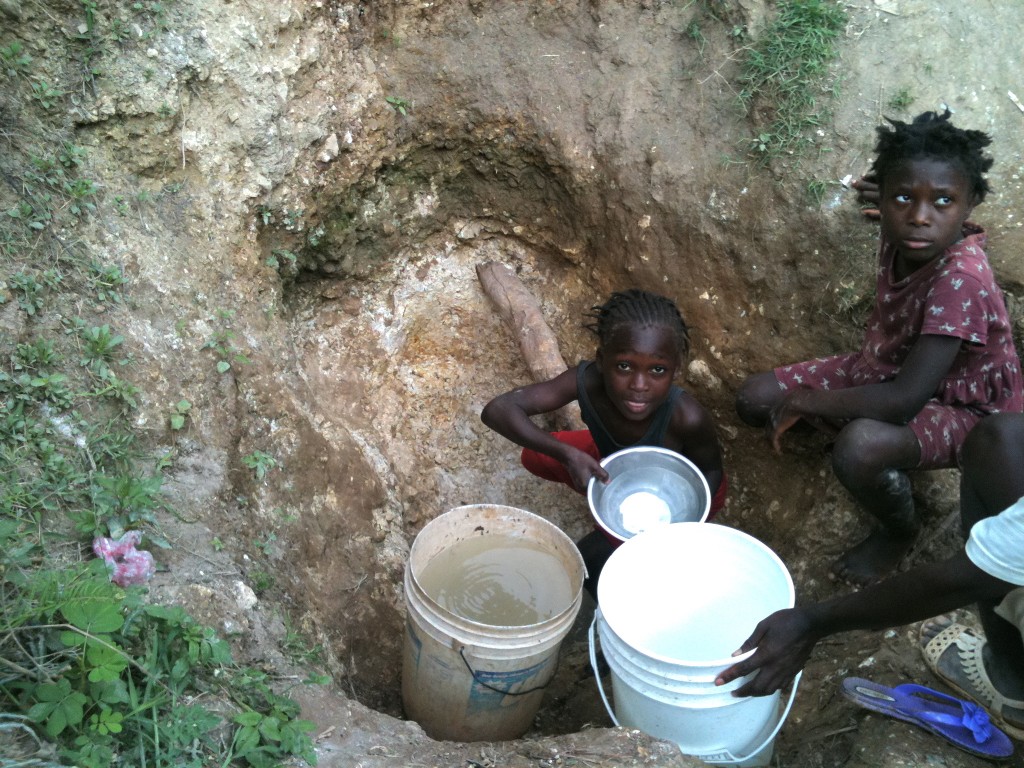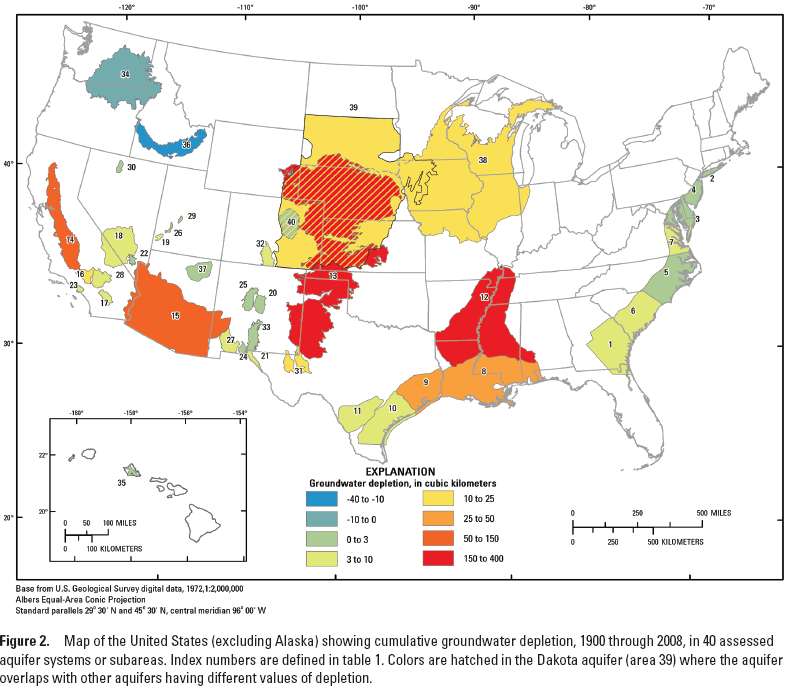There is a common misconception that the world’s water crisis is about addressing the estimated 1-billion people throughout Africa, Asia and Latin America/Caribbean that currently lack basic access to water. Considering World Health Organization (WHO) basic access guidelines equate to 20 liters/person/day, this is a rather small water demand of 0.24 km3/year. The rest of the world currently consumes this amount of water in 12-hours. This issue is no doubt a major humanitarian problem that I devote significant time towards, however, it is a water infrastructure crisis and not the core of the world’s water crisis. The core of the water crisis surrounds the challenge of achieving long-term water security so that our civilization is never restricted to 20 liters/person/day, whether driven by high costs of water or the availability of it.

Bringing water infrastructure to the 1-billion who lack basic access to water is a major humanitarian crisis, however, it does not define the core of the world’s water crisis
The Crisis
The world’s water crisis is about water and food security now for the 7.2 billion people in the world and for the future (9.6 billion in 2050). It is about addressing the colossal and complex challenges to achieve water security and the profound global implications if we do not.
Freshwater is the world’s most extracted raw material, over 4,000 cubic kilometers of water per year is used to support food production, drinking water, energy and industry. This amount of water is comparable to entire volume of Lake Michigan, the 6th largest freshwater lake in the world! The global demand for water is increasing whereas the quality and quantity of available freshwater resources is decreasing. There are many factors to consider when looking at the world’s water problem, but there are five key ones when sizing up the crisis, especially looking into the future.
- Population growth, by 2050 the world’s population will likely be 25 – 30% higher than it is today.
- Food production is the world’s biggest water consumer, considering population growth and income growth; global food needs are expected to double by 2050. Food security is reliant on water supply.
- Extreme poverty in the world is significantly decreasing in Latin America, Africa and Asia, growth in these regions leading to increased water demand.
- Water quality and availability problems are increasing due to climate change, global development and lack of policy, management and regulation in regions around the world.
- Groundwater aquifers are being permanently depleted around the world, groundwater is the world’s freshwater savings account.
Without water security, regions of the world are vulnerable to instability and disaster. Such instability can affect sovereignty and as history shows, can lead to the collapse of civilizations, economic disaster, international conflict, and even water wars. Water scarcity and water-related disasters inflict profound humanitarian and economic hardships even in the most developed and advanced regions of the world. The economic, political and environmental costs to achieve water security are increasing and becoming more complex year to year.
The Role of Groundwater and Water Security
As a practicing hydrogeologist, a key component of the water crisis that concerns me is groundwater, which currently makes up 18% of the world’s water usage. The world extracts so much groundwater (an estimated 700 km3/year) that studies indicate groundwater depletion could contribute up to a 10-cm rise in sea level by 2100.
In much of the world, groundwater is the primary, and often only drinking water supply source. The locations of major cities, agricultural regions, businesses and infrastructure investments around the world are often based on local availability of groundwater resources.
Aquifers are underground reservoirs of groundwater; the water is naturally stored within the porous rock and soil formations underground and the water is made available for use by installing wells or capturing springs. These aquifers store water that has accumulated over hundreds, thousands or even millions of years. Many regions are extracting significantly more groundwater than what is being replenished, and the aquifers are being permanently depleted. Groundwater depletion is occurring all over the world and is increasing in magnitude and scale. Analogous to oil, when the groundwater is gone, it is gone.
Tom Philpott, a correspondent of Mother Jones, effectively summarizes the groundwater depletion issue in a single sentence, “To live off surface water is to live off your paycheck…To rely on groundwater, though, is to live off of savings”.
Groundwater happens to serve as the world’s water savings account that provides water security, prevents disaster during droughts and other water-related crises. This savings account is being depleted and the catastrophic phenomenon is largely unmanaged, even in the United States. The map below illustrates groundwater depletion intensity of major aquifers in the United States. A recent study led by Cornell University and the USGS suggests a high risk for mega-drought throughout the southwest US. Mega-droughts last at least 35-years! This groundwater depletion will only get worse as surface water becomes less available. What if both groundwater and surface water are gone? California, Texas, Arizona and Nevada have avoided disaster recently due to the water security provided by groundwater. Many regions of the world are on track to deplete the major groundwater resources that are relied upon for water security. Groundwater depletion is a very serious and often neglected issue which increases the vulnerability of the world to major water-related crises.

Groundwater depletion intensity in the United States (USGS 2008)
Addressing the world’s water crisis relies on the development of a globally aligned water perspective that respects its scarcity now and into the future. It also requires the same alignment of respect to preserve the quality of freshwater resources around the world. Contrary to other perspectives on the issue, I do not believe the water crisis will simply be solved to my satisfaction by managing water as a pure commodity and assuming that appropriate pricing will cover the provisions required to avoid water crisis. I do not wish for future generations to have any less freedom, security and opportunity than me because of the unavailability of freshwater or the hardships imposed by its higher costs.
